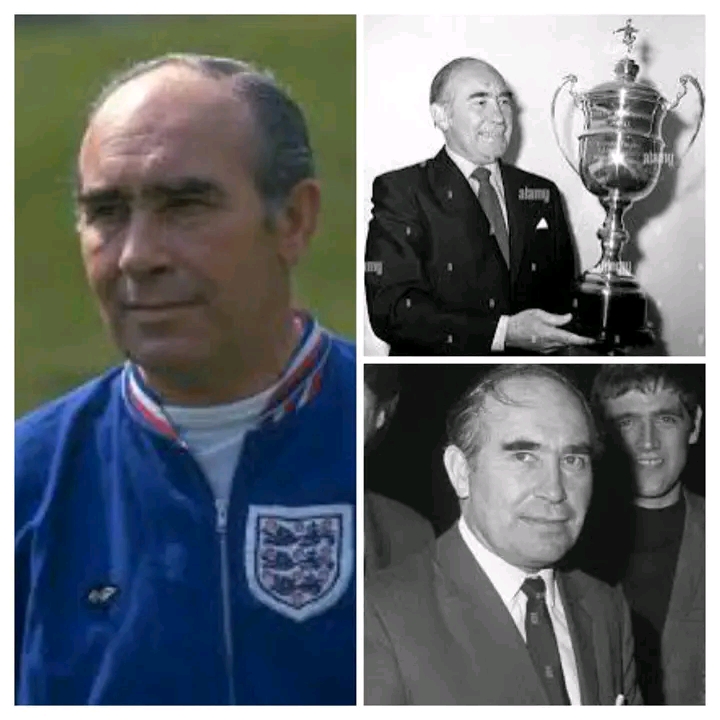In the pantheon of English football legends, few names should carry more weight than Sir Alf Ramsey — and yet, in the noisy celebration of the game’s present, his quiet, powerful legacy has too often been pushed into the background. The man who delivered England’s only FIFA World Cup title in 1966 is not just a football genius — he is a symbol of silent sacrifice, loyalty, and unshakable national pride.
When Ramsey led England to a 4-2 victory over West Germany on July 30, 1966, in front of a roaring Wembley crowd, he etched his name into football immortality. But instead of basking in eternal fame, Sir Alf faded into the shadows — never one to crave attention, never one to seek applause. While players were knighted decades later, and broadcasters relived the glories with glossy tributes, Ramsey remained largely on the sidelines of England’s modern football memory.
Born in 1920 in Dagenham, East London, Alf Ramsey’s journey was never paved with privilege. He served as an officer in the British Army during World War II before his career as a right-back with Southampton and Tottenham Hotspur. But it was as a manager that his brilliance truly emerged. First, he transformed Ipswich Town from obscurity into First Division champions in 1962 — an almost unthinkable achievement at the time. Then came the call to manage the national team.
Ramsey took over England in 1963 and, with typical steely focus, made a bold prediction: “We will win the World Cup.” He was mocked for it. Then he did it. And not just with luck — with a revolutionary tactical mind. Ramsey scrapped the traditional wingers and adopted a 4-4-2 system that baffled opponents and gave England balance and control. It was bold, un-English at the time, but it worked.
Yet, after reaching the mountaintop, Ramsey didn’t write books or chase celebrity. Instead, he remained reserved, intensely private, and focused on the game. When England exited the 1970 World Cup in a heartbreaking loss to West Germany, he took the blame. By 1974, the FA dismissed him after England failed to qualify for the World Cup. There was no hero’s farewell.
He died in 1999, largely out of the public eye, suffering from Alzheimer’s and neglected by the game he gave everything to. Unlike modern managers, he left no podcast quotes, no viral moments — only trophies and quiet dignity.
His sacrifice? Giving his life to a nation’s greatest football dream, and receiving too little in return. His legacy lives in the structure, identity, and expectations of the England team today. Every time the Three Lions take the pitch in search of another title, they do so on the shoulders of the man who made it possible.
In a game now driven by superstars and headlines, it’s time to remember the ones who changed everything without asking for anything in return. Sir Alf Ramsey is not just England’s greatest manager — he is England’s quiet conscience.
Let us honor the man who gave England its only World Cup, not just with statues or faded photographs, but with the full recognition his legacy deserves.

